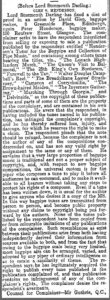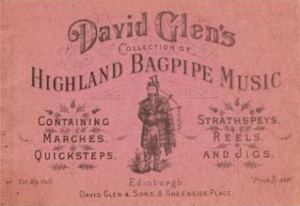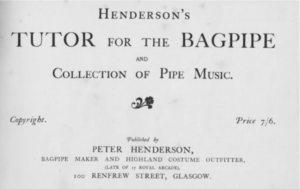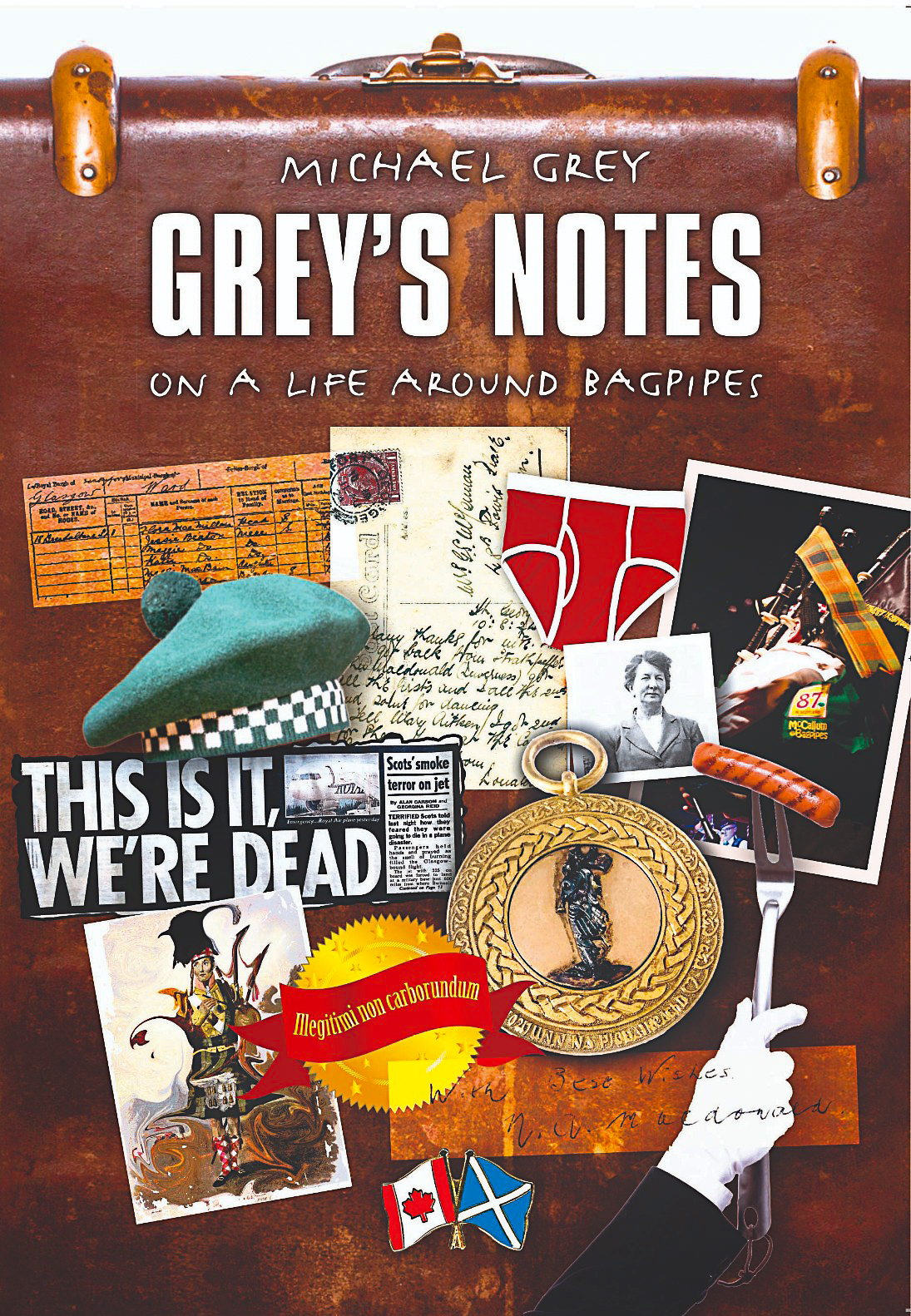Music copyright: Glen v. Henderson
March 31, 2021 on 7:27 am by Michael Grey | In Stories | Comments Off on Music copyright: Glen v. HendersonI don’t know if musicians end up in courts of law any more than other occupations. I do know that when they find themselves on the wrong side of a judge it’s more likely due to copyright infringement than serial murder. Just a hunch. I also know that if they’re famous musicians their cases get lots of press.
Among notorious cases that come to mind include that connected with George Harrison’s “My Sweet Lord” and it’s alleged connection to the Chiffon’s “He’s So Fine”. Queen and David Bowie sued Vanilla Ice claiming that the bass line in his “Ice ice Baby” was a rip off of “Under Pressure”. The extra beat Vanilla Ice argued made the difference, made no difference. The court ruled in Bowie and company’s favour.

Robin Thicke and Pharrell Williams felt the sting of a copyright case levelled by the estate of Marvin Gaye. The argument wasn’t about direct plagiarism. The complainant believed the style and feel of Thicke-Williams’ “Blurred Lines” was just too close to Gaye’s “Got to Give it Up”. The case set new standards in copyright protection. The Thicke-Williams team had to pony up a cool $5 million to the owners of Marvin Gaye’s copyright.
Imagine if we applied the idea of “style and feel” to pipe tune composition – or any traditional music for that matter. Style and feel similarities in our music are everywhere. We’re likely protected from a tidal surge of court cases due in no small part to the cost of initiating cases and the relatively small prize any judgment might see a complainant realize.
Still, we know of at least one bagpipe music copyright case that hit the courts.
In June of 1900 two pipers, famous in our history, found themselves in an Edinburgh court. David Glen, Edinburgh pipe maker and music book publisher (he was the driving force, of course, of the large Glen Collection) and Peter Henderson, Glasgow pipe maker – and music publisher – both faced the cold judgement of Lord Stormonth Darling (likely darling, Stormonth, to his wife).
David Glen was mighty annoyed with Peter Henderson. He wanted Henderson “interdicted from selling or exposing to sale a publication published by the respondent entitled, Henderson’s Tutor for the Bagpipe …”. Peter Henderson seemingly had the temerity to publish his own settings of, among others, “The Lonach Highlanders March”, “The Brown-haired Maiden” and the American Civil War ditty, “Marching through Georgia”.

Forget that tunes like “The Brown-haired Maiden” were not in copyright even in 1875 or that “Marching through Georgia” was a famous song of the time composed at the end of the Civil War in 1865, David Glen would have none of it: Henderson’s publication “infringed the complainer’s copyright, and he has thereby suffered loss, injury and damage, for which he reserves the right to make a claim.”
Peter Henderson fired back with what I view as fair words: none of the tunes were written by Glen and he had no “valid right by assignment to the same of any of them”.

Henderson went on with an interesting statement that to many pipers rings true today:
“He explains that a very large proportion of bagpipe music is traditional and not a proper subject of copyright and, with respect to new bagpipe compositions, the universal custom is for the piper who composes a tune to play it before all audiences he can command and to make it available to all hearers without taking any steps to protect his rights of composer. Even if a tune has been written down, it is usual for the author to give any who desires it a copy of the MS [manuscript].”
Henderson was likely right then. And, to some extent, he is right today. When a piper gets precious (read: does the right thing in copyright protection) they can make it trickier to perform their music – especially in performance – live or recorded. For example, if someone should want to record any tune I have made then they should first buy a license to do so. It is the rare occasion where this happens, I assure you. For any money there is in pipe music my bias has leaned to having people play my music unfettered by pesky rules and laws. So I’ve leaned to Peter Henderson’s perspective more than David Glen’s. I acknowledge, to my detriment.
Peter Henderson – or more likely, his counsel – went on to say, “Such resemblances as exist between their publication arise from both having independently derived their information from sources available to both, and from the fact that owing to the bagpipe scale being very limited, most bagpipe airs can be arranged, varied and adopted by any piper of ordinary intelligence so as to retain a similarity of theme.”
According to Henderson most anyone can arrange or score pipes. Ordinary intelligence is all you need [true!]; a clear cue to the judge to devalue Glen’s claim.
So about six months pass after this foray in the courts. And, again, The Glasgow Herald reports on this battle of the piping publishing titans:
Before Lord Kincairney. Glen v. Henderson.
In a nutshell: David Glen lost.
“…The complainer [Glen] has now abandoned the action. He was found liable in the respondent’s [Henderson] taxed expenses.”
I imagine that to live and work in 19th century Scotland – or 19th century anywhere – and to make your living in the narrow world of bagpipe manufacturing (and pipe music publishing), well, we’d have to think Glen and Henderson were both people passionate about all things piping. A relatable sort of way of being, I’d say.
Fascinating to me that these two ended up in a court room over bagpipe music.
A rare occurrence. And that’s probably a good thing.
M.
No Comments yet
Sorry, the comment form is closed at this time.
Dunaber is using WordPress customized and designed by Yoann Le Goff from A Eneb Productions.
 Entries and comments
feeds.
Valid XHTML and CSS.
Entries and comments
feeds.
Valid XHTML and CSS.


